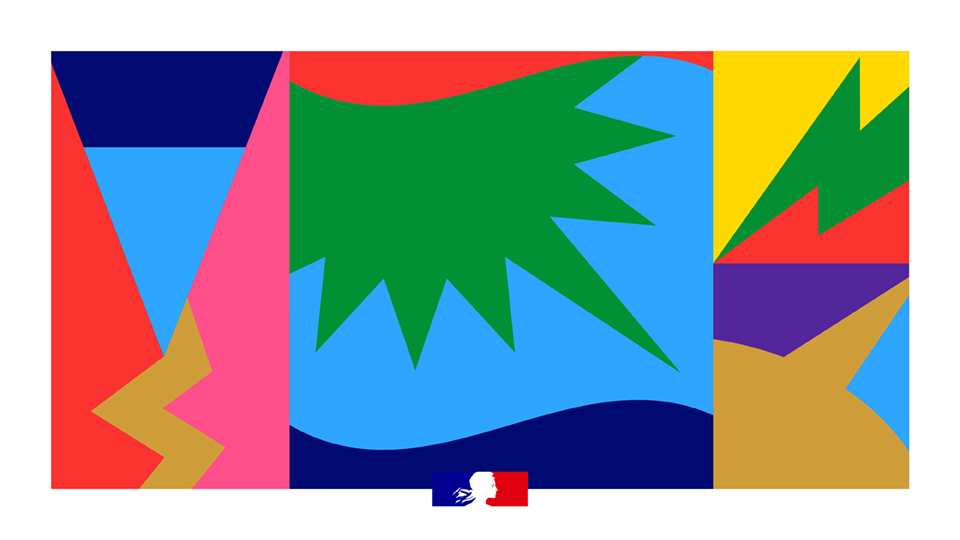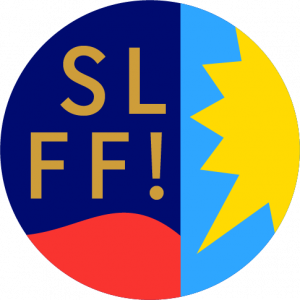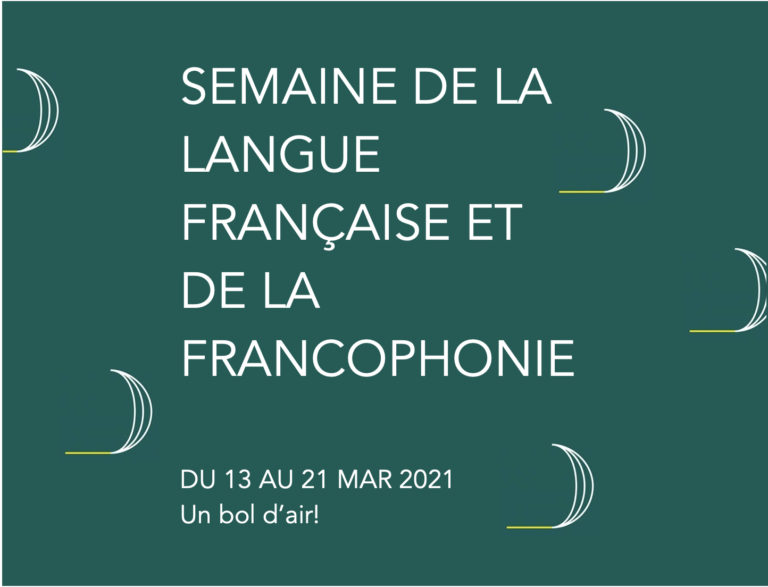Program across Australia
- Canberra
15-16 March, National Portrait Gallery – Seminar on Bilingual Education, organized by the French Embassy with guest speakers including Pr. Jim Watterston, Dean of Melbourne Graduate Education, University of Melbourne, Isabel Arellano, Delegate European and in International Relation for Cooperation, New Caledonia, Dr Yves Lafoy, Counsellor, Official Representative of New Caledonia to Australia, Embassy of France.
16th of March, 6pm-8pm, ANU – “Do you speak regional French?” Discover the rich variations of the language with an international panel of francophone speakers.
Guest speakers include Her Excellency Mrs Caroline Bichet-Anthamatten, Ambassador of Switzerland, Her Excellency Mrs Marie Claire Jeanne Monty, High Commissioner for Mauritius, Ms Isabelle Martin, Deputy Head of Mission, High Commission of Canada, Mr Arnaud Dusaucy, Deputy Head of Mission, Embassy of the Kingdom of Belgium in Canberra, Dr Yves Lafoy, Counsellor, Official Representative of New Caledonia to Australia, Embassy of France.
Tickets here
16th of March, Telopea School – The telling of Oceanian tales. Oceanian tales for year 2 students with the participation of Laurence Begery, in Noumea
18th of March, 4-6pm, Alliance Française Canberra – AF Francophonie market. Eleven embassies stalls will share their regional food and drinks;
18th of March, Red Hill Primary School – « Dis-moi dix mots » competition. An event organized by the New Caledonia Delegation in Australia;
21th of March, Alliance Française Brisbane – The telling of Oceanian tales. Oceanian tales by Laurence Begery, in Noumea
- Sydney
25th March, 6pm, Chauvel Cinema – Special screening of the francophone Canadian-Lebanese movie Memory Box, Alliance Francaise French Film Festival
- Melbourne
23d of March, 6pm, Palace Westgarth – Special screening of Mali Twist à Bamako, Alliance Francaise French Film Festival
FRANCOPHONIE, What does it mean ?
With more than 300 million speakers worldwide, French is the fifth most spoken language in the world.
The group of people who speak French is thus known as the Francophonienbut La Francophonie (with a capital letter) is also the institutional framework that brings together French-speaking countries. Francophonie is a human and cultural space based on the French language.
300 million French speakers, who are they?
Among the 300 million French speakers in the world, there are first of all those whose mother tongue is French. This group includes a large majority of speakers in France, Wallonia (in Belgium), Quebec (in Canada) or French-speaking Switzerland. Also included in this category are a growing number of households in French-speaking Africa, especially in large cities.
Then there are the French speakers whose mother tongue is not French, but who use it on a daily basis, because it is the language of school, administration, the media and the economy. French is one of the official languages of many world organisations such as UNESCO, the UN and Médecins Sans Frontières. In addition, it is one of the five most widely used official languages in the European Union.
In total, 235 million of the 300 million French speakers use French on a daily basis. The rest are people who speak French because they learned it as a foreign language, usually during their studies.
La Francophonie is also made up of institutions
Because a language is not just a way of speaking but a way of looking at the world, the International Organisation of the Francophonie (OIF) was created in 1970. Today it brings together 88 countries on five continents and its main mission is to promote the French language throughout the world. Beyond its linguistic objective, the OIF is committed to promoting human rights and democracy. Among the institutions of the Francophonie there are also other structures, notably in the educational and cultural fields, such as the TV5 Monde television channel available on SBS.
And what about Francophonie week ?
Francophonie Week takes place around International Francophonie Day, on March 20 each year, and provides an opportunity for French speakers around the world to celebrate the French language in all its diversity but also for non-French speakers to discover francophone cultures, literature, arts and more from around the world. Every year, more than 1,500 events are organised in 70 countries.



